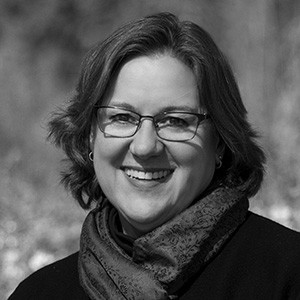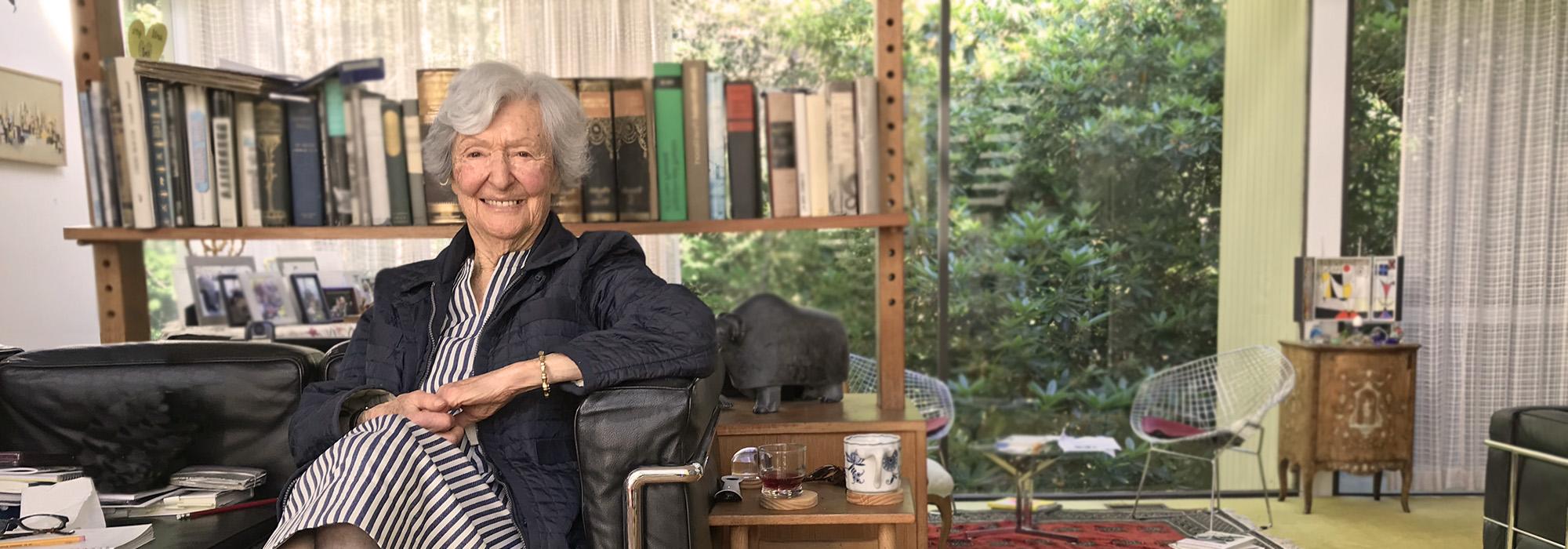SiteWorks

Recognizing that the revitalization and densification of outdoor, urbanized spaces was becoming more costly, complex, and environmentally challenging, Annette Wilkus, FASLA, RLA, LEED AP, founded SiteWorks in 2005 to help bridge the gap between the construction and design industries. She has made the firm’s mission to transfer designers’ and owners’ visions into reality. With nearly 40 years of experience in design, construction documentation, and construction management, Ms. Wilkus has been an integral member of construction management teams for multiple public open spaces, including three sections of The High Line, Governors Island, Hunters Point South, and Hudson Park & Boulevard. Her design collaboration with other professionals is expressed in the Brooklyn Botanic Garden’s Native Flora Garden and most recently the Ford Foundation for Social Justice. She is a frequent speaker at professional conferences and has authored multiple articles pertaining to the documentation and implementation of outdoor environments. She speaks frequently at universities, helping emerging professionals realize all aspects of our craft.
Ms. Wilkus feels strongly that design does not stop once documents are released for bid, but that problem solving and respecting the design intent extends through construction and into the operations and maintenance of a design. She holds a B.S.L.A. from the University of Wisconsin, Madison, an M.L.A. from the University of Pennsylvania, and a certificate in construction management from New York University.
Statement: As a passionate landscape architect, I’m truly inspired to contribute to the Oberlander Prize. Our profession is deeper than a single idea: it extends into the well-being of mankind, and our voices need to be heard. My business partner and I are therefore very excited to play a part in implementing this important prize, which will be a platform to bring recognition to the profession. Landscape architects are so often misunderstood by both the public and allied professions. Establishing a way to communicate the importance of landscape architecture AND broadcast it beyond its traditional audiences is critical to gaining respect for the profession.
The decision to name the prize after Cornelia Hahn Oberlander—an icon and a treasure of our profession—is incredibly important as well. She lives by the principle that building and site must fit—that one cannot exist without the other, and this is something that, as a profession, we cannot forget. Naming the prize after such a consummate professional will ensure that that philosophy is carried forward. The Cornelia Hahn Oberlander International Landscape Architecture Prize—it has such a nice ring to it!



